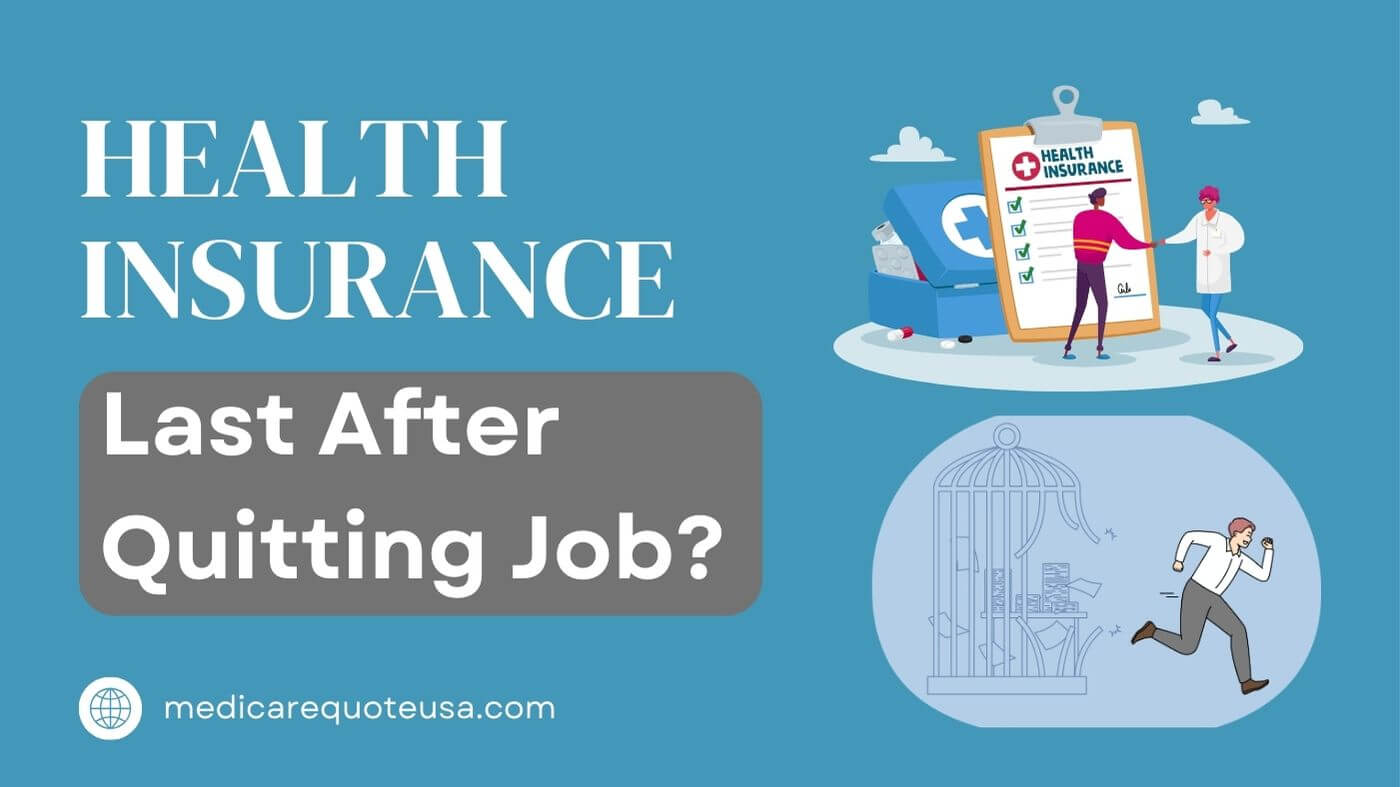
5 Scenarios to Keep Yourself Covered by Insurance:
1. COBRA Continuation Coverage:
When you leave your job, there’s a law called COBRA that lets you keep using your work health insurance for a little while. Usually, it’s for 18 months, but in some places and situations, it could be longer.
To keep your insurance through COBRA, you have to pay the entire cost of the insurance plus a little extra for administrative stuff. It can be a bit pricey, so you need to think about if it’s worth it for you.
You get 60 days after your job ends to decide if you want to go with COBRA. It’s important not to miss this deadline!
2. State Continuation Coverage:
This coverage is a regulation similar to COBRA but applies to employers with fewer than 20 employees. It ensures that even in smaller businesses, employees can keep their health insurance after certain events like job loss. The specifics, including duration and rules, vary by state.
Employees must be aware of their state’s regulations for details on eligibility, enrollment, and costs. Overall, state continuation coverage is crucial for smaller business employees to maintain health insurance during employment changes.
3. Individual Health Insurance Plans:
Health insurance for just one person is called an individual health insurance plan. You can get it from the Health Insurance Marketplace or directly from an insurance company.
The Marketplace has a specific time each year when you can sign up, called Open Enrollment. But if something important happens in your life, like losing your job’s health insurance, you can sign up during a Special Enrollment Period.
It’s important to know about all the choices you have so you can pick the right health insurance. You might also be able to get help paying for it, called subsidies. Understanding these options helps you make smart choices and make sure you have the right health insurance for you.
4. Medicaid:
Depending on your income and other eligibility criteria, you may qualify for Medicaid, which provides health coverage for low-income individuals and families.
5. Spousal Coverage:
If you lose your job’s health insurance, see if your spouse has it at their job. You could join their plan easily, making sure you and your family stay covered. It’s a simple and often cheaper way to keep everyone protected when jobs change. Consider this option for smooth healthcare coverage.
